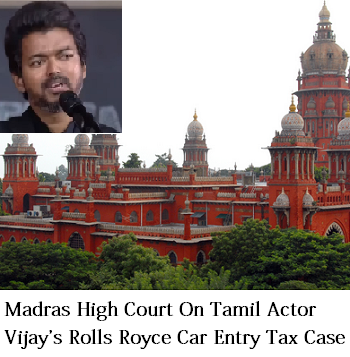Legal system in any country is always subject to changes from time to time. Several Indian laws as a part of updation in the legal arena had undergone changes through amendments and repeals. Repealing of a law is absolute abolishing of an existing law in force and amendment is to exclude or include Particular provisions or any portion of an enactment. The Repeal and amending (second) Act 2017 was enacted with the objective of repealing and amending certain acts which are obsolete. The concise act contains 4 sections and 3 schedules came in to force on 5th January 2018.
Section 2 of the act states the number of acts repealed in the first schedule and section 3 states all amendments made in the acts in second schedule by virtue of this act. The amendment have the extent only as it is stated in the 4th column of the schedule and does not forgoes or extend beyond such mention. Section 4 is the saving clause that ensures any proceedings, liabilities or action done by any of the repealed enactment on or before the day existence of Act of 2017 will remain the same.
The repeal of any act has the consequences on the ineffectiveness of the repealed act where no further proceedings can be done even if a situation arises when any provisions in the repealed act have significance in implementation of law in future hence only after various strict scrutiny any existing law is repealed.
More than the amendment repealed act always has mixed response as some oppose affirming that the repealing of any act without any proper concern are only a mere editorial correction and does not have any legislative value. Some always find to look on a repealed act as that does not serve any purpose in accordance with the change of time.
The response on impact of amendment on any act is also similar to the response towards the repeal of any act as some oppose and some supports it. The implementation of amendments are always beneficial in an existing law than a repealed act as amendment can make the appropriate changes to the related provisions on any existing law than absolute abolishment of any existing act.
The repeal of any act serve the purpose only when it is absolutely obsolete as it had nothing to do with the contemporary legal conditions in the country. Acts that has decades ago rules and regulations are unnecessary and are excessive in numbers that have inconsistent provisions need to be repealed as they are inconsistent with the present social, economic, financial and educational conditions.
It is quite natural for any act to undergo changes from time to time in accordance with the change of circumstances in a society. Al though the repealed and amended acts have mixed response from a society it is an inevitable legislative proceeding and the only prime concern should be given to Repeal and Amendment is the betterment of a society through its implementation and not to shatter any well maintained legislature or legal system.






